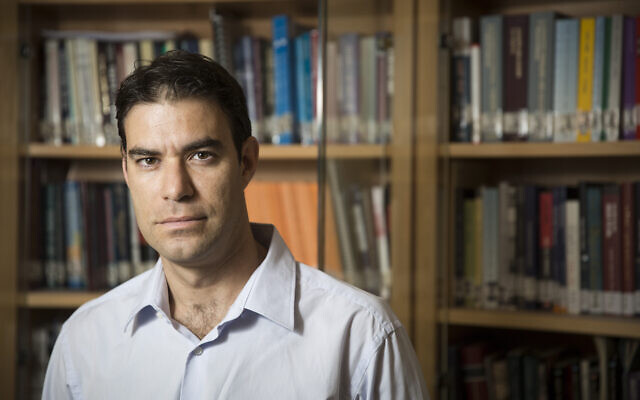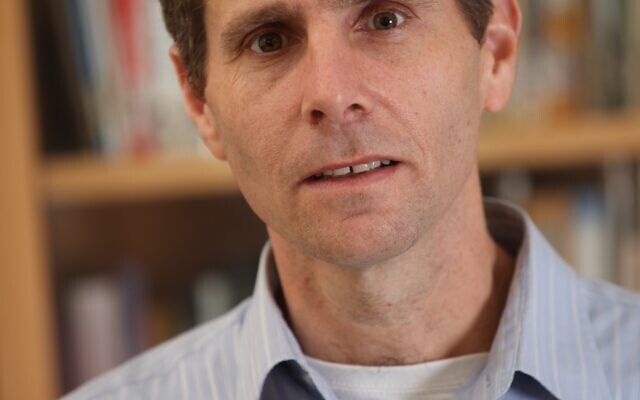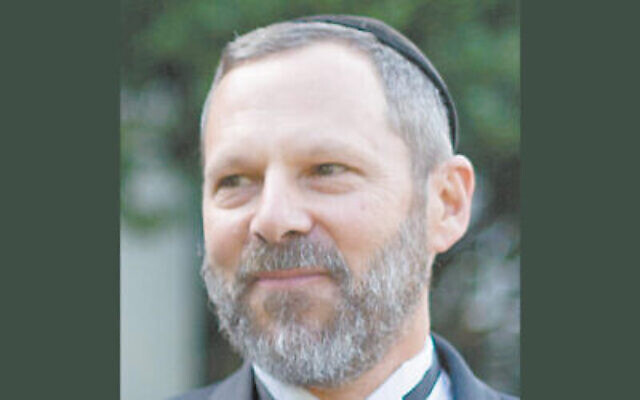Benjamin Netanyahu Appeared in Court as a Defendant
Israeli Prime Minister Benjamin Netanyahu appeared in court Sunday as his trial began on charges of bribery as well as fraud and breach of trust.

For the first time in Israeli history, a sitting prime minister appeared in court as a criminal defendant Sunday, May 24. Masked, as was everyone in the courtroom due to the coronavirus pandemic, Prime Minister Benjamin Netanyahu acknowledged that he had read and understood the indictments against him. After an hour of dealing with mostly procedural elements, the three-judge Jerusalem District Court adjourned. The next session is scheduled for July 19. Netanyahu, and his co-defendants, however, will not be required to be in court at that session.
While Netanyahu’s appearance in the court was remarkable itself, what came before – and what will come – are more significant.

The opening of the trial came less than one week after Netanyahu’s latest government was sworn in. The largest government in Israel’s history followed three inconclusive elections in just over a year and finally resulted in a unity government with Netanyahu’s former opponent, Benny Gantz.
Indeed, the first cabinet meeting of the new government was held only hours before the trial commenced.
The charges of bribery, fraud and breach of trust against Netanyahu resulted from three criminal cases in which he’d been formally indicted in November. In what is known as Case 1000, Netanyahu was charged with fraud and breach of trust for allegedly receiving expensive gifts over several years from Hollywood mogul Arnon Milchan and Australian billionaire James Packer. The indictment charged that Netanyahu knowingly put himself in a conflict of interest and used his public role to receive gifts for himself and his family.
In Case 2000, Netanyahu was charged with fraud and breach of trust after he allegedly bargained with the publisher of Yedioth Ahronoth for better coverage in return for Netanyahu’s limiting the circulation of rival newspaper Israel Hayom, owned by his longtime supporter, American Sheldon Adelson. One of the several state’s witnesses in the trial, a former associate of Netanyahu, allegedly recorded the discussion between the prime minister and Arnon Mozes, the publisher of Yedioth Ahronoth.
In Case 4000, considered the most serious of the three cases, the prime minister was charged with bribery, fraud and breach of trust. This case alleges that Netanyahu, who was also serving as minister of communications at the time, took regulatory steps that resulted in a $500 million windfall for media mogul Shaul Elovitch, the controlling shareholder in Israel’s largest telecommunications company. In return, Netanyahu and his wife Sara allegedly asked and received special coverage on the company’s Walla! News website.

According to Amir Fuchs, a researcher at the Israel Democracy Institute, there will be hundreds of witnesses called and thousands of pieces of evidence heard during the complicated trial. “So, it takes years to try a criminal case in Israel. It can take four to five years when it’s a complicated case,” he said.
His colleague, Yuval Shany, IDI’s vice president of research, called the whole situation “unprecedented. All recent prime ministers were investigated while in office, but until now, officials facing indictment resigned or were voted out of office” before the trial. “This is an exceptional situation,” he said.
Indeed, Netanyahu’s most recent predecessor, Ehud Olmert, resigned before he was indicted. Subsequently, he was found guilty of taking bribes and served time in prison. Likewise, former President Moshe Katsav was convicted of rape and was sent to prison after he was out of office. Other ministers, including a finance minister and an interior minister, have also been found guilty and were imprisoned.
In Israel, bribery charges can carry a sentence of up to 10 years in jail. Fraud and breach of trust convictions can lead to jail sentences of up to three years in prison.

“In our system,” Shany said, “there’s a presumption of innocence, but in the last 40 years, when a senior official was facing indictment, there was a cloud hanging over the person.” He called this a “significant erosion of principle in which civil service has to be clear of corruption.”
Prior to Netanyahu’s appearance at the court, anti-Netanyahu protesters amassed outside the prime minister’s residence. Flag- and sign-carrying supporters, on the other hand, protested the trial against Netanyahu outside the Jerusalem District Court in East Jerusalem.

At least one Atlanta supporter of Netanyahu called the trial “a witch hunt against him as he has made many enemies over the years.” Mitchell Kaye drew parallels with the “anti-Trump/Russian collusion and impeachment nonsense in the U.S.” Kaye added that he expects Netanyahu to serve his full 18 months as prime minister under the coalition agreement “unless early elections are called.”

Netanyahu, like President Trump, is going to war against his countries’ democratic institutions, according to Shai Robkin.
Using Netanyahu’s nickname, another Atlantan also sees similarities between Netanyahu and President Donald Trump. “The main thought that dominated my mind is how similar Bibi’s approach is to Trump’s, where the country’s leader goes to war against, and does everything possible, to undermine the established democratic institutions of the state,” Shai Robkin, a dual citizen, told the AJT.



comments